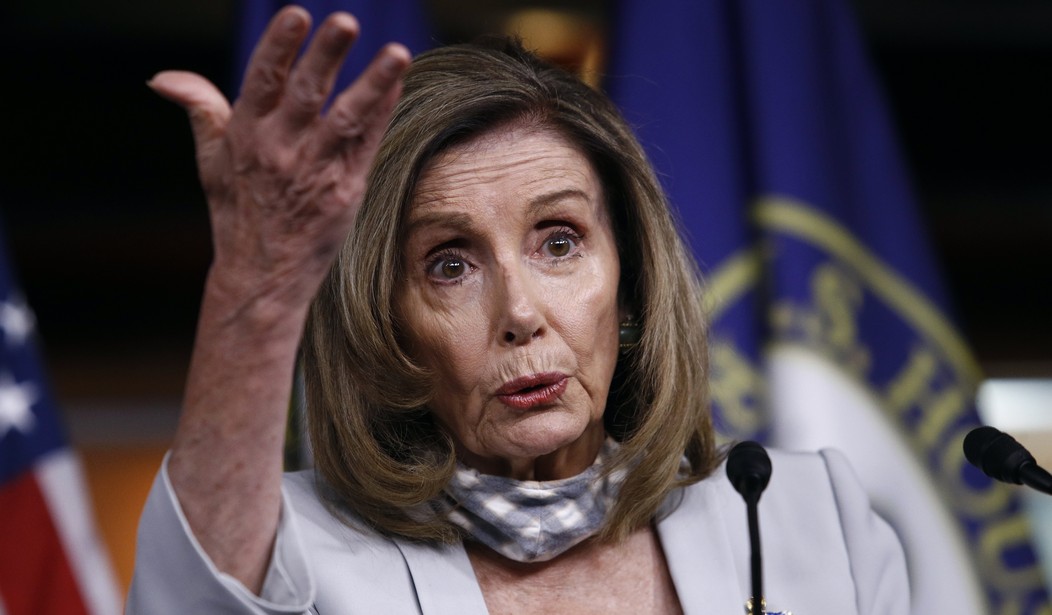A bipartisan group of backbench House members has done what party leaders have failed to do, come up with an agreement for another pandemic relief bill.
It’s a noble effort doomed to failure. But it shows what’s possible with some give and take among the warring parties.
The price tag is unknown but is thought to be a little south of $2 trillion. The bill includes aid for small businesses, extended unemployment benefits, USPS funding, and even some money for cash-strapped states.
The plan, pushed in part by vulnerable lawmakers in both parties, is also a clear recognition that many on Capitol Hill are anxious about Congress’ failure as millions are of out of work and want to ratchet up pressure on congressional leaders to restart talks with the White House.
“People are clearly frustrated,” said one of the members of the 50-person group, which is comprised of rank-and-file lawmakers from both parties, asking for anonymity to discuss the proposal. “A lot of Americans want to see action.”
But with a dwindling number of legislative days left this year, passing such a measure through both chambers of Congress remains doubtful at best. GOP and Democratic leaders remain badly divided over the details and scope of a new round of relief, with Senate Republicans pushing a $500 billion proposal and Speaker Nancy Pelosi calling for at least $2.2 trillion.
The plan is a short-term solution that will shore up programs already in existence and provide new funding through the January transition. It was crafted by a group that calls itself the “Problem Solvers Caucus” — led by New Jersey Democrat Rep. Josh Gottheimer and New York Republican Rep. Tom Reed.
In order for problems to be solved there have to be two sides willing to solve them. That’s not the case here.
The package would direct $100 billion to health care programs, including $25 billion for coronavirus testing and contact tracing. It would provide $500 billion for state and local governments — to help pay for lost revenue caused by the pandemic and costs associated with outbreak response. It would provide an additional $145 billion for schools and childcare, $15 billion for the US Postal Service, and $290 billion for small businesses, including another round for the popular Paycheck Protection Program. It would also include $400 million to help states bolster the November elections.
The measure also incorporates another round of $1,200 direct payments to individuals under a certain income threshold, with an additional $500 per child, while extending the federal eviction moratorium and providing rental assistance up to $25 billion.
Republicans might quibble with some of the decimal points, but by and large, this is the deal that Pelosi and Trump have been looking for. Pelosi might not like that it includes only half her request for aid to state budgets while Trump would want restrictions on that money to make sure it goes toward spending on the pandemic and not to bail out state pension plans that have been mismanaged by Democratic governors.
But the real obstacle to passing this bill is that Democrats don’t want any pandemic relief at all and Republicans would want Trump and Republicans to get the credit. The United States government is paralyzed by partisan politics and worries over the politicians’ electoral base getting angry at them for giving a “victory” to the other side.
Is this a great country or what?










Join the conversation as a VIP Member